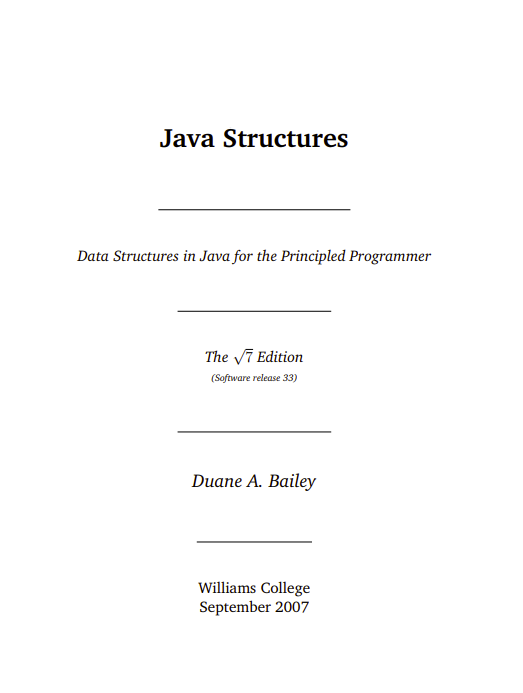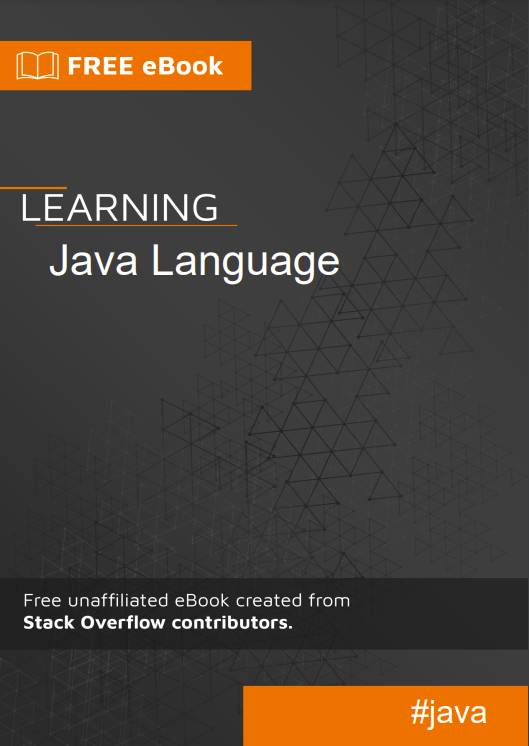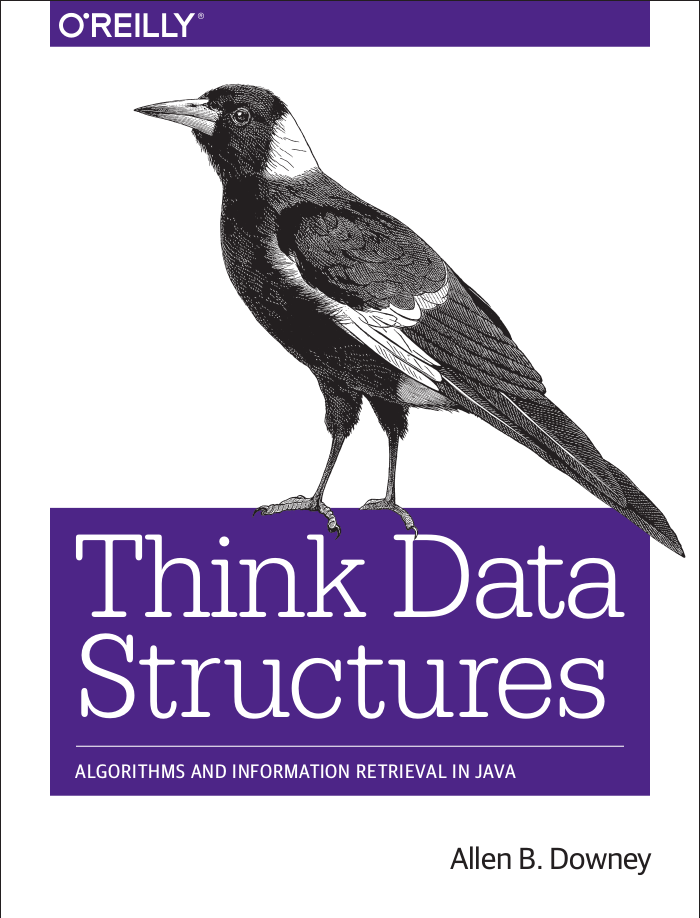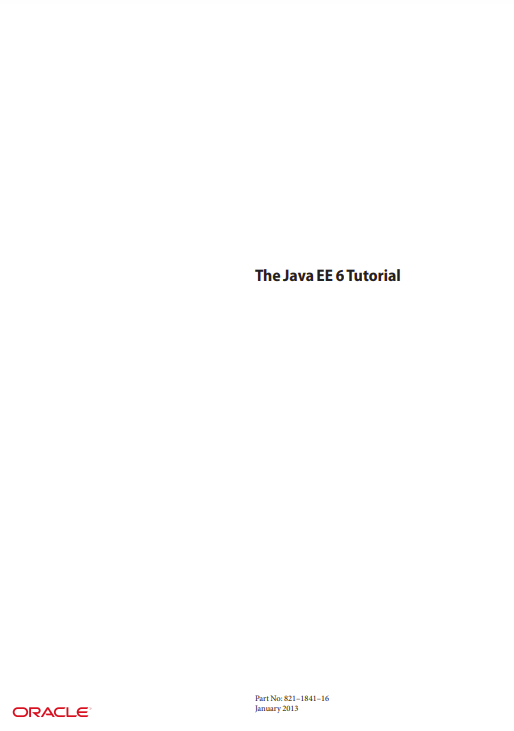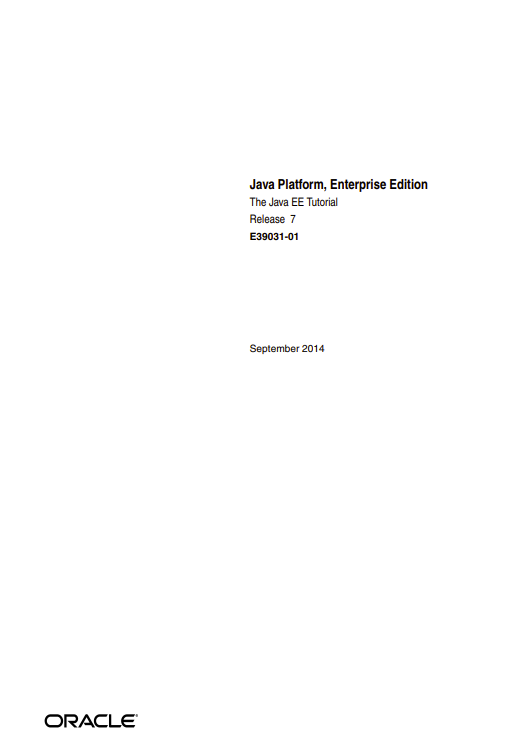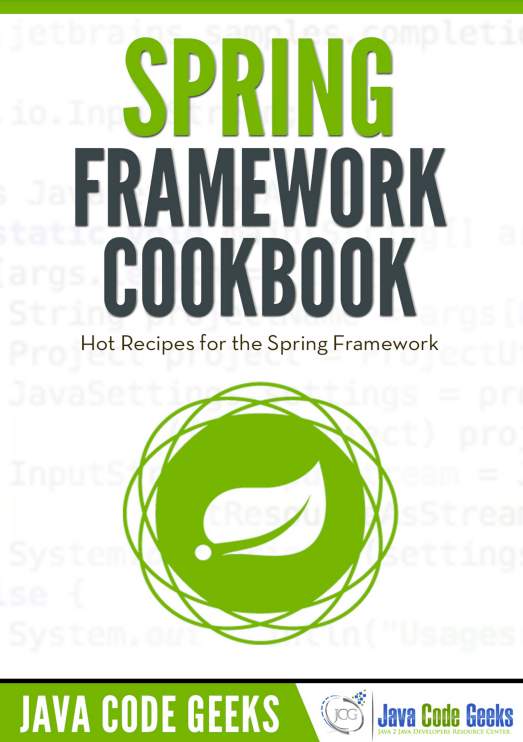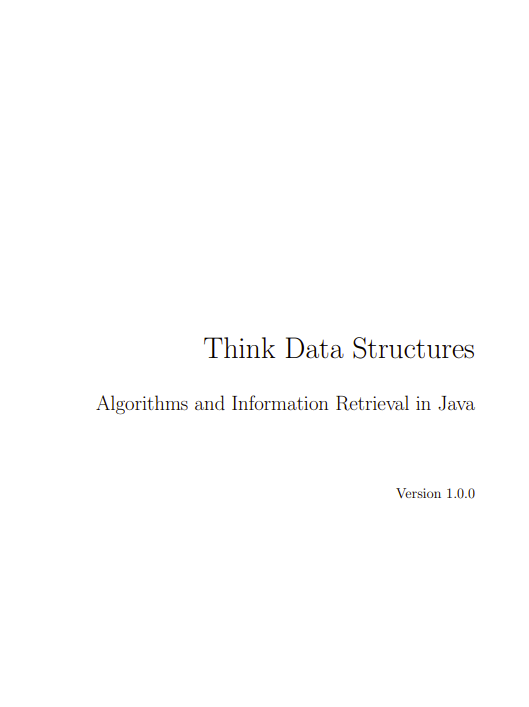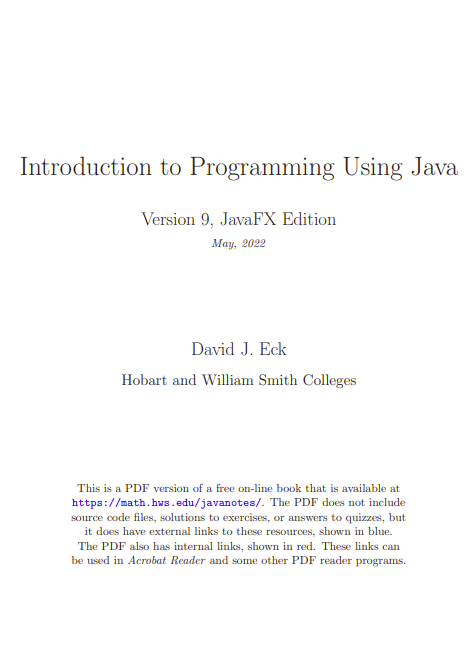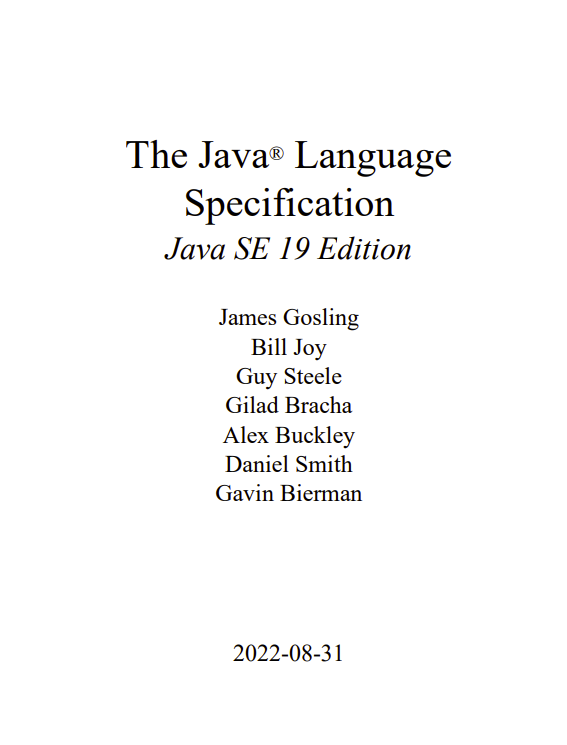Your Mother probably provided you with constructive toys, like blocks or Tinkertoys, or Lego bricks. These toys are educational: they teach us to think spatially and to build increasingly complex structures. You develop modules that can be stuck together and rules that guide the building process.
If you are reading this book, you probably enjoyed playing with constructive toys. You consider writing programs an artistic process. You have grown from playing with blocks to writing programs. The same guidelines for building structures apply to writing programs, save one thing: there is, seemingly, no limit to the complexity of the programs you can write.
Well, almost. When writing large programs, the data structures that maintain the data in your program govern the space and time consumed by your running program. In addition, large programs take time to write. Using different structures can actually have an impact on how long it takes to write your program. Choosing the wrong structures can cause your program to run poorly or be difficult or impossible to implement effectively.
Thus, part of the program-writing process is choosing between different structures. Ideally you arrive at solutions by analyzing and comparing their various merits. This book focuses on the creation and analysis of traditional data structures in a modern programming environment, The Java Programming Language, or Java for short.
